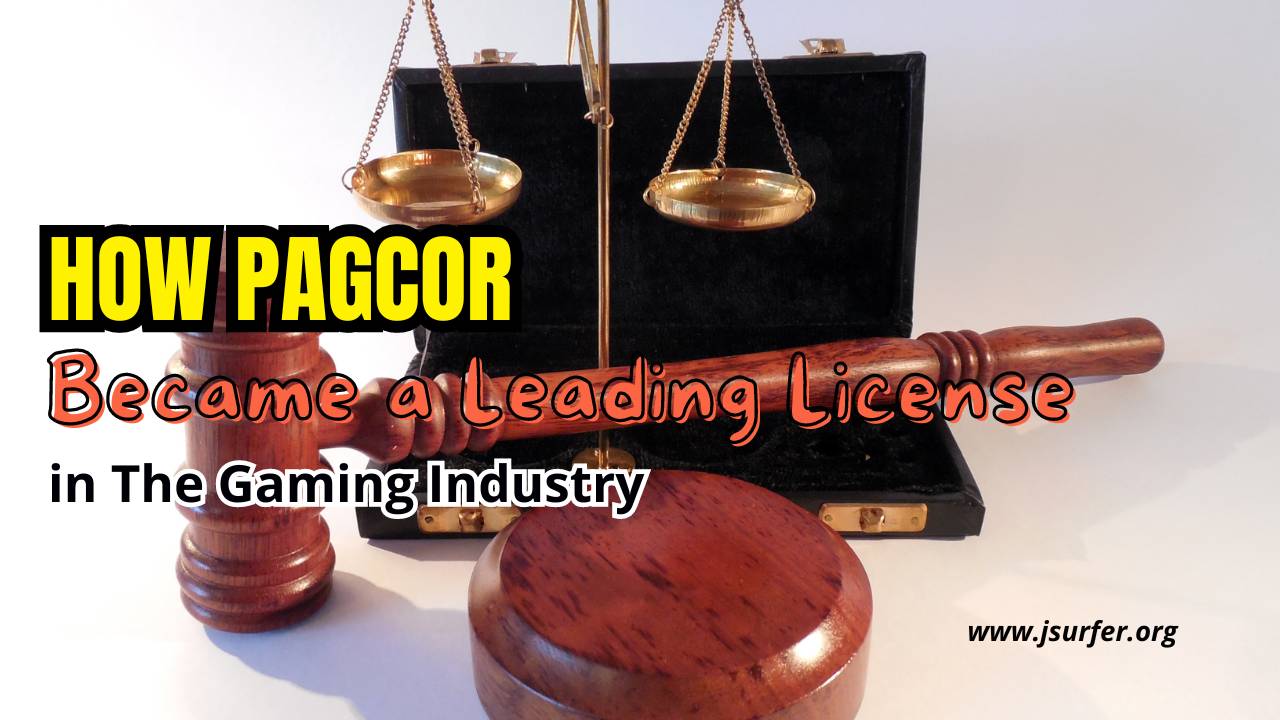Online gaming has surged in popularity, leading to a greater demand for safe, regulated environments where players can trust that they’re being treated fairly. The Malta Gaming Authority (MGA) is one of the most respected regulatory bodies worldwide, responsible for upholding fairness, transparency, and player protection within the gaming sector. But how does the MGA achieve this? And why is its role so crucial for both players and gaming operators alike?
What is the Malta Gaming Authority (MGA)?
The Malta Gaming Authority (MGA) is a regulatory body established in 2001 with the responsibility of overseeing all forms of gaming activities in Malta. It serves as a governing entity that ensures gaming companies adhere to a strict set of rules and standards to guarantee fairness, prevent fraud, and maintain transparency in operations.
Malta was among the first jurisdictions to embrace online gaming regulations, making the MGA a pioneer in shaping gaming laws and frameworks. Their primary goal is to maintain a secure gaming environment that prioritizes the safety of players while promoting responsible gambling.
The Purpose and Function of the MGA
The MGA's primary mission is to regulate the gaming sector, focusing on transparency, fairness, and player protection. Some key functions of the MGA include:
Licensing and Regulation: The MGA grants gaming licenses to operators that meet their stringent standards. This ensures that only reputable companies can offer gaming services.
Monitoring Compliance: Once a license is granted, the MGA continues to monitor and audit gaming companies to ensure they maintain the highest standards of operation.
Protecting Players: The MGA prioritizes the protection of players by ensuring operators follow rules that prevent fraud, uphold fair play, and encourage responsible gaming.
Preventing Fraud and Money Laundering: The MGA works closely with financial authorities to monitor transactions and ensure that the gaming sector is free from illegal activities, including money laundering.
Why Is Fairness in Gaming So Important?
Fairness is the cornerstone of the gaming industry. Without trust in the system, players wouldn’t feel comfortable participating in games, and the gaming operators themselves could suffer reputational damage. The MGA ensures fairness in several ways:
Game Randomness Audits: The MGA mandates that all games must be audited for randomness, meaning that players are assured of a fair chance to win. This prevents any form of game manipulation by operators.
Independent Game Testing: Before a game can be made available to the public, it must undergo testing by independent bodies. This ensures that the game's outcomes cannot be rigged or manipulated.
Transparent Payouts: All licensed operators under the MGA must disclose the payout percentages of their games, ensuring that players are aware of their odds.
By mandating these practices, the MGA guarantees a level of trust between players and operators, leading to an overall safer and more enjoyable gaming environment.
Regulation of Operators: How the MGA Protects Players
One of the key responsibilities of the Malta Gaming Authority is to regulate the gaming operators under its jurisdiction. Operators must meet high standards to obtain and maintain an MGA license, ensuring they comply with regulations on responsible gaming, player safety, and financial integrity.
Some essential elements the MGA requires from gaming operators include:
Player Protection: Operators must have systems in place to protect players' personal and financial information, ensuring privacy and security.
Responsible Gambling Policies: The MGA mandates that licensed operators promote responsible gaming by offering tools that allow players to set limits, take breaks, or self-exclude if they feel they are at risk of developing a gambling problem.
Financial Transparency: Operators are required to be fully transparent in their financial dealings, ensuring that winnings are paid out fairly and on time. This also includes having clear and accessible terms and conditions for all bonuses and promotions.
Benefits of Being Licensed by the MGA
Being licensed by the Malta Gaming Authority is a significant benefit for gaming operators. An MGA license is seen as a mark of trust and legitimacy in the industry. Some of the key benefits include:
Reputation: Operators with an MGA license are seen as trustworthy and reliable, attracting more players who seek fair and transparent gaming.
Access to International Markets: The MGA license is recognized globally, allowing operators to offer services in multiple jurisdictions without having to obtain separate licenses for each country.
Regulatory Support: The MGA provides support and guidance to licensed operators, ensuring they remain compliant with laws and regulations, which helps them avoid penalties or revocation of their license.
How the MGA Upholds Responsible Gaming
Responsible gaming is a critical component of the MGA’s regulatory framework. The MGA recognizes that gambling can become a problem for some individuals, which is why they’ve implemented strict measures to encourage responsible gaming:
Self-Exclusion Tools: Players can voluntarily exclude themselves from gambling sites, ensuring they are not tempted to play while they seek help for gambling issues.
Limit Setting: Licensed operators are required to provide players with options to set limits on their deposits, losses, or session times, helping them manage their gambling habits.
Educational Resources: The MGA ensures that licensed operators provide educational resources for players to understand the risks associated with gambling and where to find help if needed.
The Global Impact of the MGA
The Malta Gaming Authority has a profound impact beyond Malta’s borders. The MGA's regulatory framework has become a model for other jurisdictions looking to regulate online gaming. Some ways the MGA has influenced global gaming include:
Setting International Standards: The MGA’s regulatory practices have become a benchmark for other countries looking to develop their own gaming laws. As one of the first gaming regulators, the MGA has helped shape the online gaming landscape worldwide.
Attracting International Operators: Due to its reputable status, many international gaming companies seek MGA licensing, even if they’re based outside of Malta. This has solidified Malta’s position as a hub for the global gaming industry.
Collaboration with Other Regulators: The MGA often collaborates with regulators in other jurisdictions to ensure a cohesive and effective approach to gaming regulation on a global scale.
Licensing Process: How to Obtain an MGA License
Obtaining a license from the Malta Gaming Authority is no easy feat. The process is rigorous, ensuring that only operators with the highest standards are approved. The key steps to obtaining an MGA license include:
Application Submission: Operators must provide detailed information about their company, including financial statements, business plans, and proof of technical infrastructure.
Due Diligence Checks: The MGA conducts thorough background checks on the company’s owners and directors to ensure there are no red flags, such as criminal activity or bankruptcy.
Technical Audits: The operator’s gaming systems are audited to ensure they meet the required standards for fairness, transparency, and security.
Compliance Reviews: The operator must demonstrate how they will comply with MGA regulations, including player protection, responsible gaming, and financial transparency.
Final Approval: Once all checks and audits are completed, the MGA grants the operator a license, allowing them to legally offer gaming services under its jurisdiction.
FAQs
1. What is the Malta Gaming Authority (MGA)?
The Malta Gaming Authority is a regulatory body responsible for overseeing and regulating all forms of gaming in Malta, ensuring fairness, transparency, and player protection.
2. Why is an MGA license important for gaming operators?
An MGA license is a mark of trust and credibility, indicating that an operator meets the highest standards of fairness, security, and responsible gaming.
3. How does the MGA ensure fairness in gaming?
The MGA mandates independent game audits, monitors payout transparency, and enforces strict regulations to ensure that games are not rigged and players have a fair chance of winning.
4. What are the benefits for players playing on MGA-licensed platforms?
Players benefit from increased safety, fairness, and transparency. MGA-licensed platforms also provide tools for responsible gaming and protect players’ personal and financial information.
5. How does the MGA support responsible gambling?
The MGA enforces policies that promote responsible gambling, including self-exclusion tools, deposit limits, and educational resources to help players avoid gambling problems.
6. Can international operators apply for an MGA license?
Yes, international operators can apply for an MGA license. The MGA license is recognized globally and allows operators to access multiple international markets.
Trust in the MGA for Fair Play
The Malta Gaming Authority (MGA) plays a pivotal role in shaping the global gaming industry by promoting transparency, fairness, and responsible gaming. Its rigorous licensing process, coupled with ongoing compliance checks, ensures that both players and operators can trust the gaming environments regulated by the MGA. For players, the MGA offers peace of mind, knowing that their rights are protected and that they are playing on a platform that prioritizes fairness and security.
Read also: How PAGCOR Became a Leading License in the Gaming Industry

 6 months ago
6 months ago

